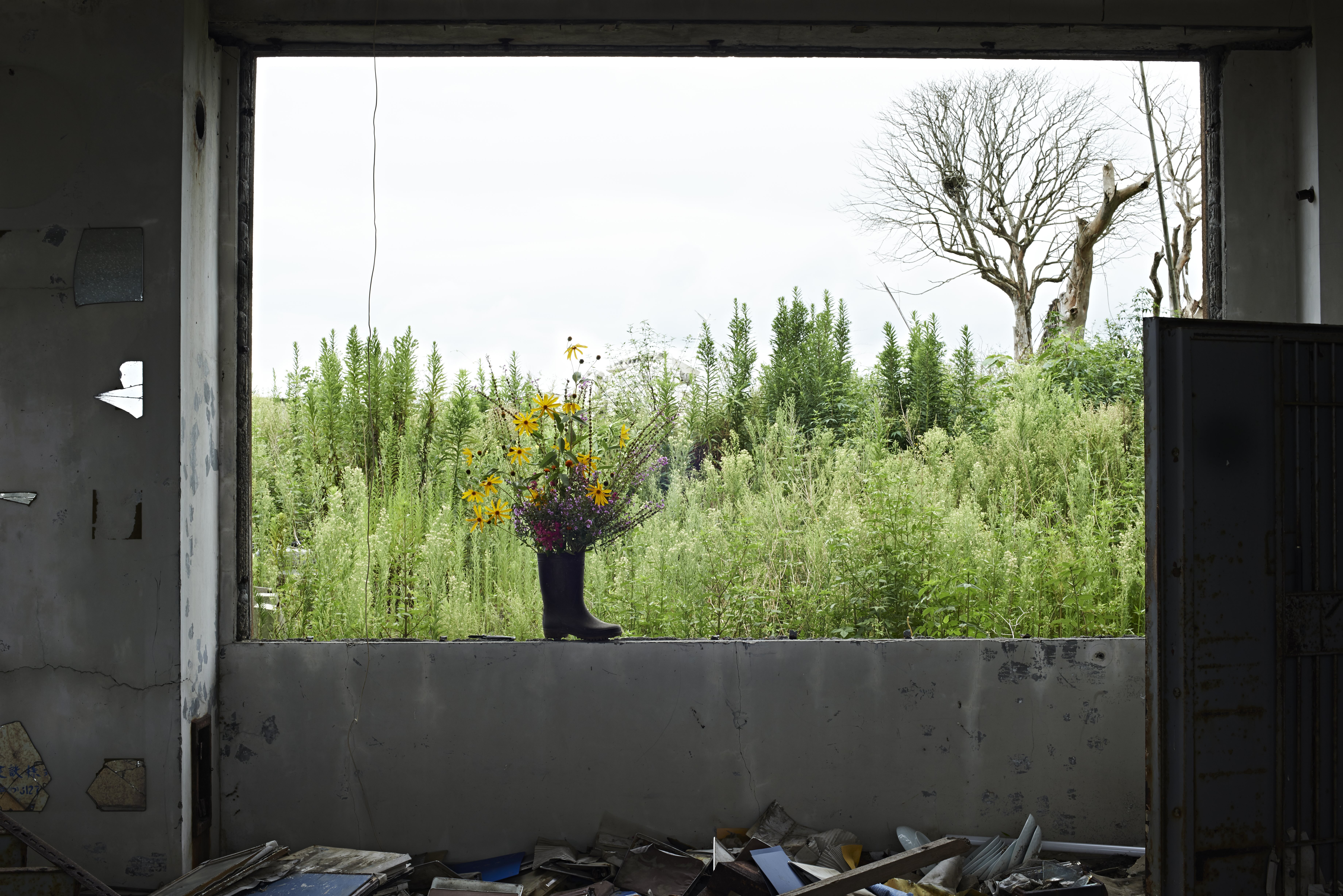Sydney Asian Art Series 2025
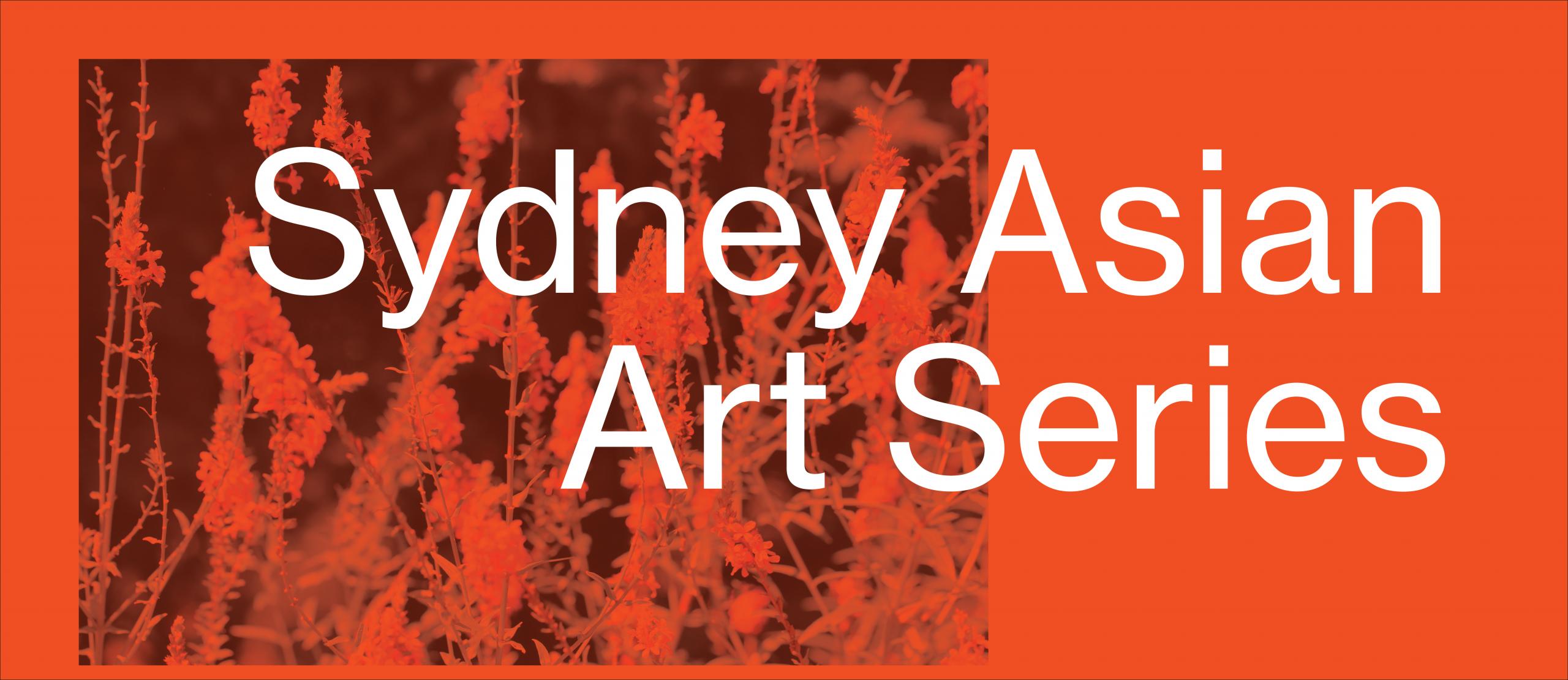
A series bringing together researchers from across the world to discuss critical issues in early, modern and contemporary Asian art. In 2025, the series focus is on the theme of care.
In 2025 the Sydney Asian Art Series will conclude its three-year program “Cūra: Collection, Community, Care”, by inviting four international scholars to think through the theme of “Care”.
This year’s cohort of international scholars offer an expanded interpretation of care that goes beyond the traditional notion of preservation to consider several incisive questions: How can we care for marginalised collections and practices beyond concerns of authenticity and provenance? How can we define the ethics of care in the context of colonial archives? How can curatorial practices and strategies play a role in healing after natural disasters and displacement? What happens when care becomes a survival tactic, through which artists contribute to spaces and networks that keep alive alternative political and economic values?
Bringing the concept of care into conversation with memory, identity and community building, this year’s events engage with a wide variety of issues from the politics of labour and collaboration to migration and environmental crises in geographies spanning across East, South, Southeast and West Asia.
SAAS 2023-25: Cūra
2025 marks the final instalment of the research project “Cūra: Collection, Community, Care”. Over three years, the Sydney Asian Art Series has gathered together leading scholars on collecting histories, object provenance, shifting notions of custodianship, and the role of researchers and curators as agents of care for artworks and their communities.
It is often noted that at the root of the English term “curatorship” is “cūra”, the Latin word meaning “care”. Less often remarked, however, is the term’s etymological link to the goddess Cūra, said to have fashioned the first human from clay.
This double meaning of cūra, as both practice of care and object of devotion, underpins not just the practice of curating, but also the entire apparatus of Euro-American practices and institutions that produce culture in modernity. Indeed, for the modern German philosopher Martin Heidegger, cūra was akin to what he called “being-in-the-world”.
The Cūra program has asked: How have these practices of cūra shaped Asian art history? And what alternative practices and institutions of collecting, community and care might exist?
The 2023 series began this investigation with a focus on “collection”, lead by convenor Dr Olivier Krischer with co-convenor Dr Alex Burchmore. In 2024, the series focused on “community” (with co-convenor Dr Yvonne Low), considering modes of curating, sharing and engagement, while in 2025, we will explore “care” (with co-convenor Dr Peyvand Firouzeh).
Series convened by Olivier Krischer and Peyvand Firouzeh, and co-presented by the Power Institute and VisAsia at the Art Gallery of NSW.
Explore the 2024 Series
Explore the 2023 Series
Explore the 2022 Series
Explore the 2021 Series
Events
Past
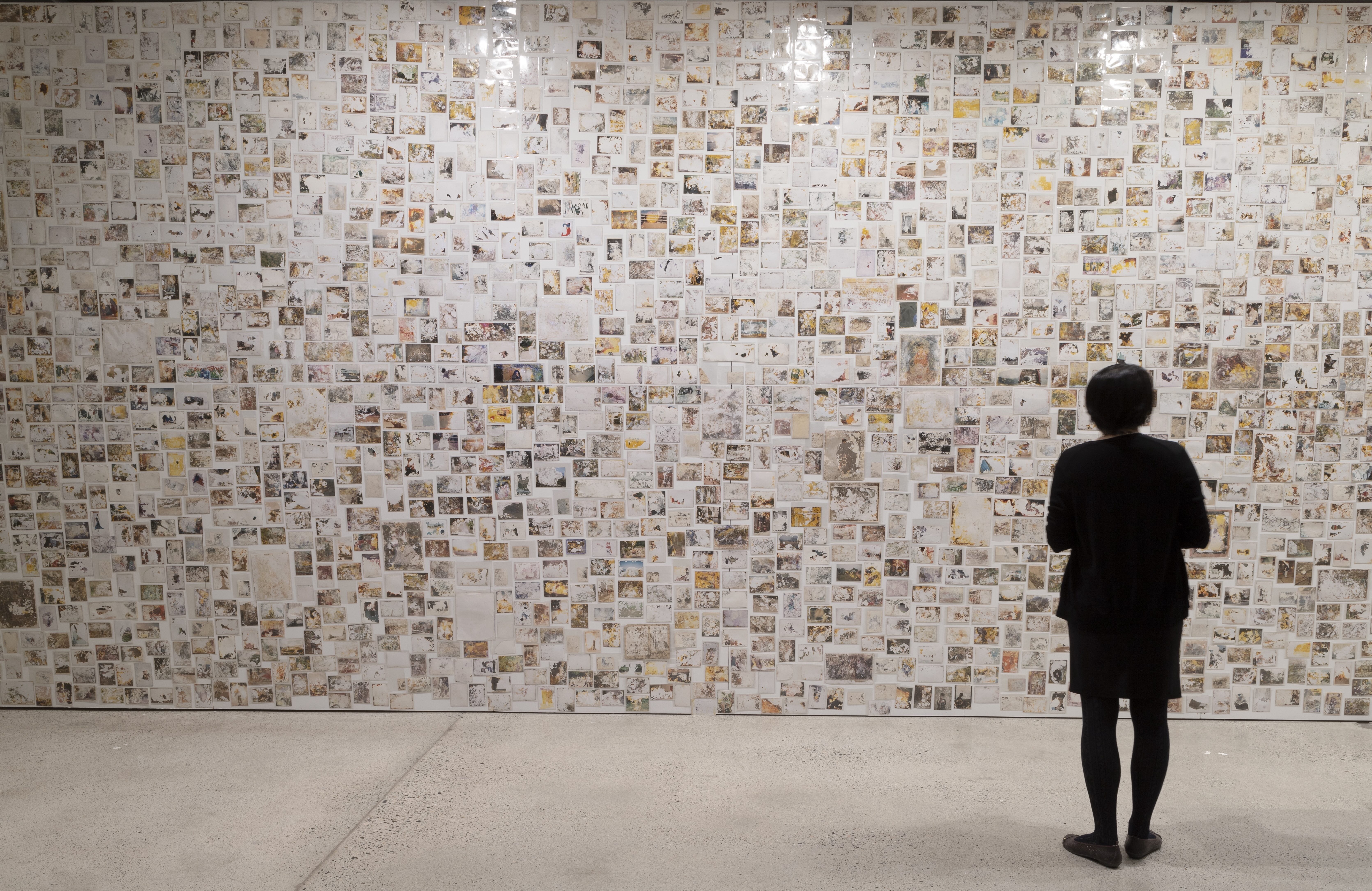
A lecture by Fuyubi Nakamura on her fourteen years of engagement with the people and landscape affected by the Great East Japan Earthquake of 2011.
People
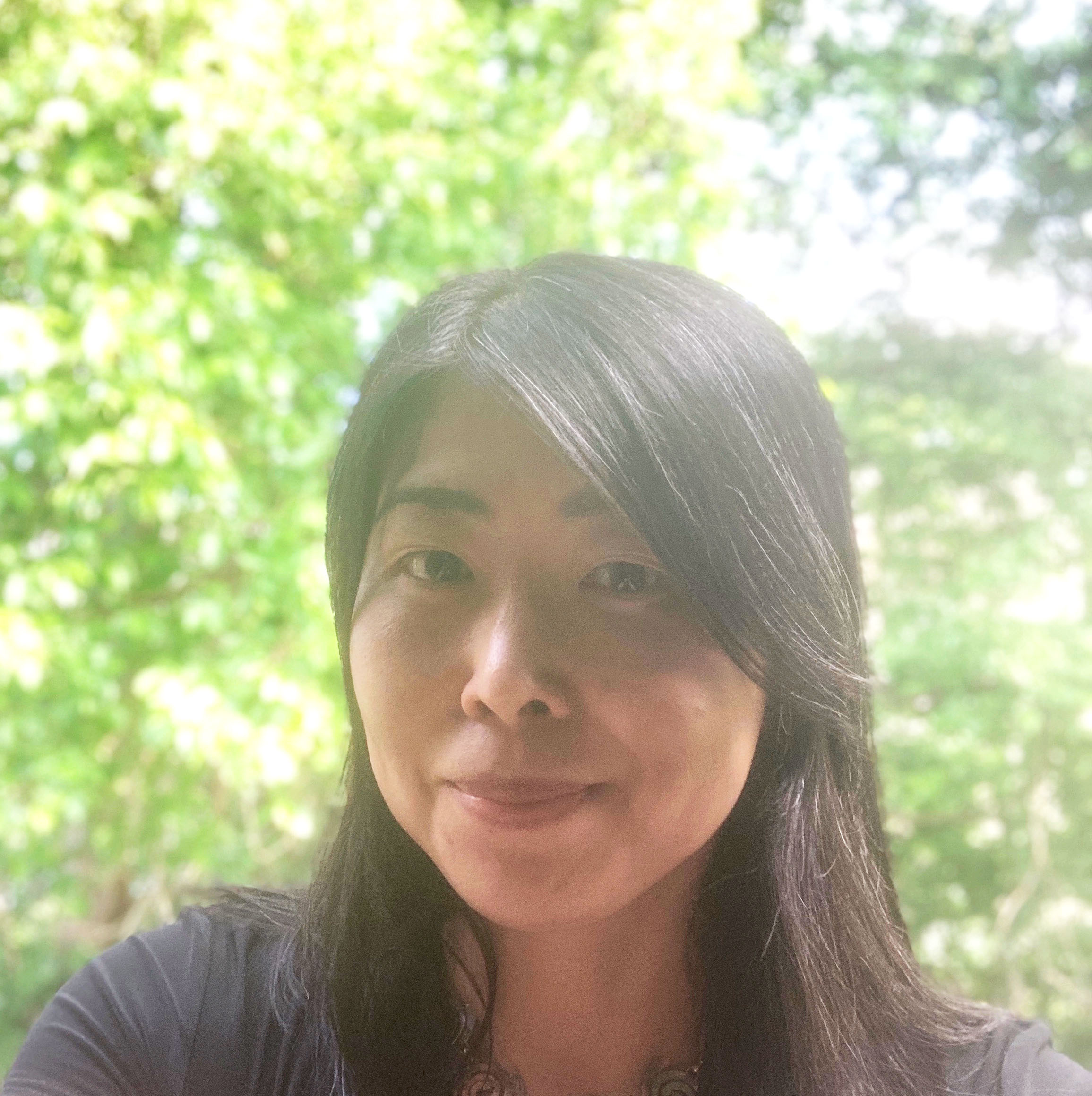
Fuyubi Nakamura
Fuyubi Nakamura (中村冬日) is a sociocultural anthropologist and curator originally from Tokyo and trained in the UK, currently working at Museum of Anthropology and Department of Asian Studies, University of British Columbia, Vancouver. Her research through exhibition curation includes Traces of Words: Art and Calligraphy from Asia (2017) and A Future for Memory: Art and Life after the Great East Japan Earthquake (2021), the recipients of the 2018 Canadian Museum Association Award of Outstanding Achievement in Research and the 2022 Michael M. Ames Prize for Innovative Museum Anthropology, respectively. Her publications include Asia through Art and Anthropology (Bloomsbury Academic, 2013) and Hokkaidō 150: Settler Colonialism and Indigeneity in Modern Japan and Beyond (Critical Asian Studies, 2019).
A workshop on creative work and ethics of curatorial care in the wake of tragedy.
People

Fuyubi Nakamura
Fuyubi Nakamura (中村冬日) is a sociocultural anthropologist and curator originally from Tokyo and trained in the UK, currently working at Museum of Anthropology and Department of Asian Studies, University of British Columbia, Vancouver. Her research through exhibition curation includes Traces of Words: Art and Calligraphy from Asia (2017) and A Future for Memory: Art and Life after the Great East Japan Earthquake (2021), the recipients of the 2018 Canadian Museum Association Award of Outstanding Achievement in Research and the 2022 Michael M. Ames Prize for Innovative Museum Anthropology, respectively. Her publications include Asia through Art and Anthropology (Bloomsbury Academic, 2013) and Hokkaidō 150: Settler Colonialism and Indigeneity in Modern Japan and Beyond (Critical Asian Studies, 2019).
Authenticity & Preservation Revisited: Marginalized Practices in the Islamic Manuscript Tradition
Art historian Hala Auji presents her recent research on Qur'an manuscripts from South and Southeast Asia, and the challenges they pose to conventional understandings of sacrality and authenticity in Islamic art studies.
People
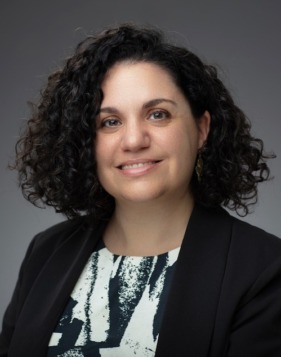
Hala Auji
Hala Auji is an associate professor of art history and the Hamad bin Khalifa Endowed Chair of Islamic Art at Virginia Commonwealth University, Richmond. Her research focuses on transcultural modernity, print culture, and photography in Eastern Mediterranean communities during the long nineteenth century. With a background in graphic design, art criticism, and art history, Auji examines intersections between art, design history, and comparative literature, particularly in relation to Islamic and Middle Eastern art. She is the author of Printing Arab Modernity: Book Culture and the American Press in Nineteenth-Century Beirut (Brill, 2016) and co-editor of The Arab Nahda as Popular Entertainment: Mass Culture and Modernity in the Middle East (Bloomsbury, 2023) and Islamic Art History and the Global Turn: Theory, Method, Practice, part of the Biennial Hamad bin Khalifa Symposium on Islamic Art Series (Yale, forthcoming). Her current book project investigates printed portraiture in Ottoman provincial cities. Auji also co-chairs the Biennial Hamad bin Khalifa Symposium on Islamic Art.
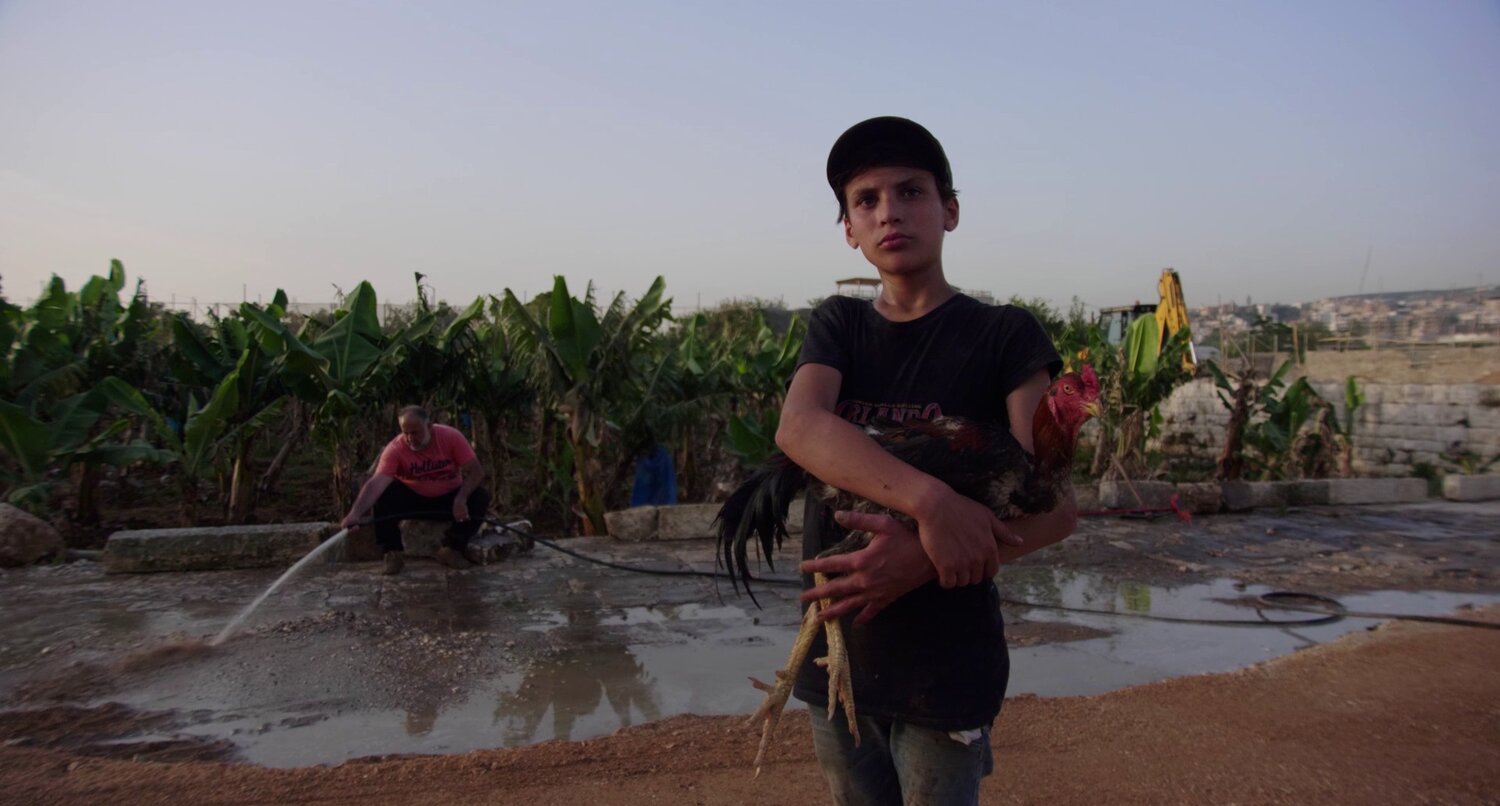
Tending to Memory: Art, Migration, and the Politics of Labor
A roundtable discussion with artists Panos Aprahamian and Gohar Dashti, and art historian Hala Auji, about labour, migration, and identity in the context of care, the environment, and neoliberal society.
People
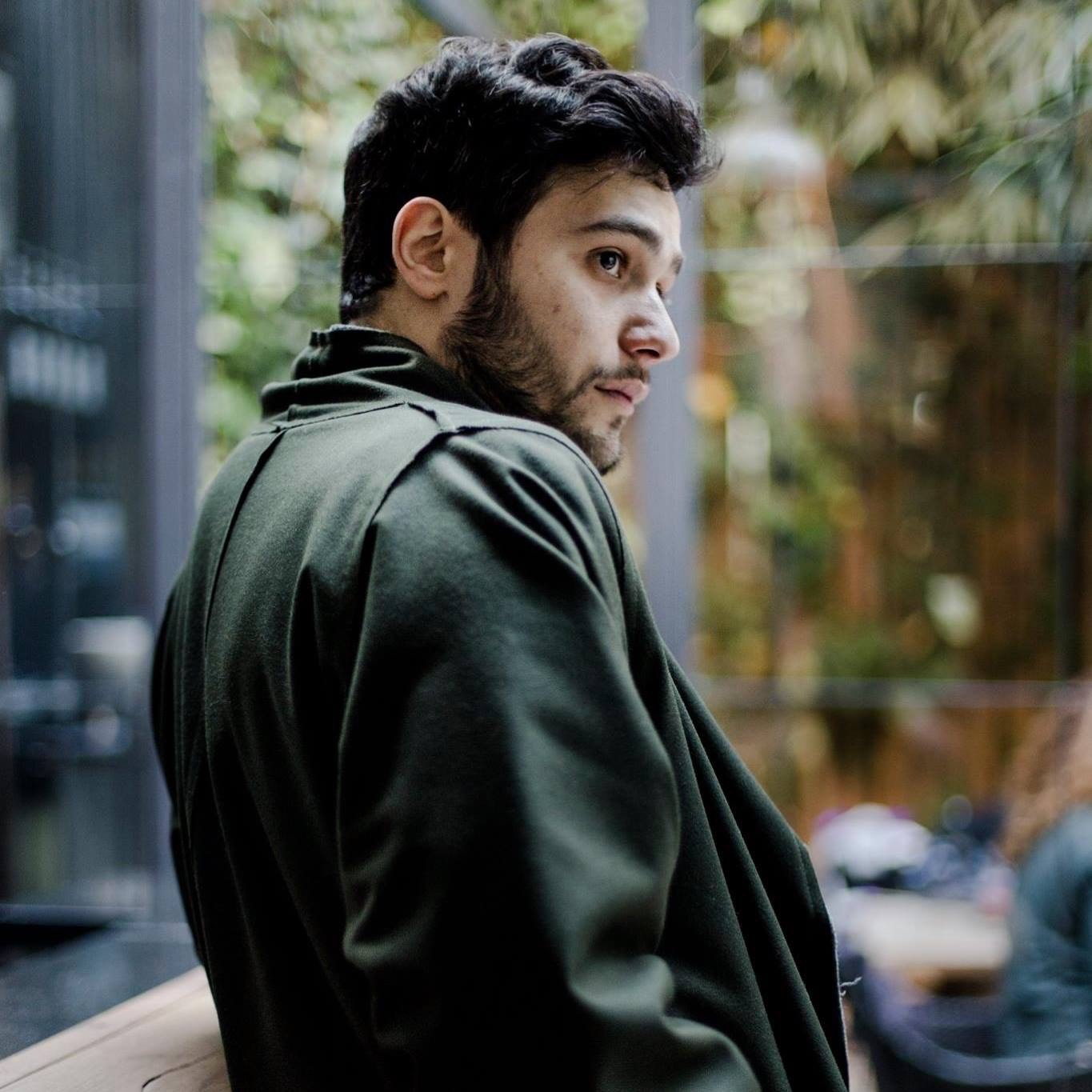
Panos Aprahamian
Panos Aprahamian (b. 1986) is a Berlin-based Lebanese-Armenian unfiction filmmaker, media artist, and writer from Beirut's peripheral rustbelt. Through language, image, and ritual, his practice explores the spectral presence of the future past in undead bodies, sacrificial landscapes, and social relations. He studied filmmaking at the Lebanese Academy of Fine Arts and the University of the Arts London, graduating with an MA in Documentary Film in 2015. Aprahamian was a Caspian Arts scholar in 2015 and a fellow at Ashkal Alwan's Home Workspace Program between 2017 and 2018. He is the winner of the Ecumenical Prize at the 2022 Oberhausen Short Film Festival, recipient of the Eliza Moore fellowship for artistic excellence in 2024, and the Han Nefkens Foundation—Fundació Antoni Tàpies Video Art grantee for the 2024-2026 cycle. Between 2019 and 2021, he taught at the American University of Beirut in the Fine Arts Department and the Media Studies Program.
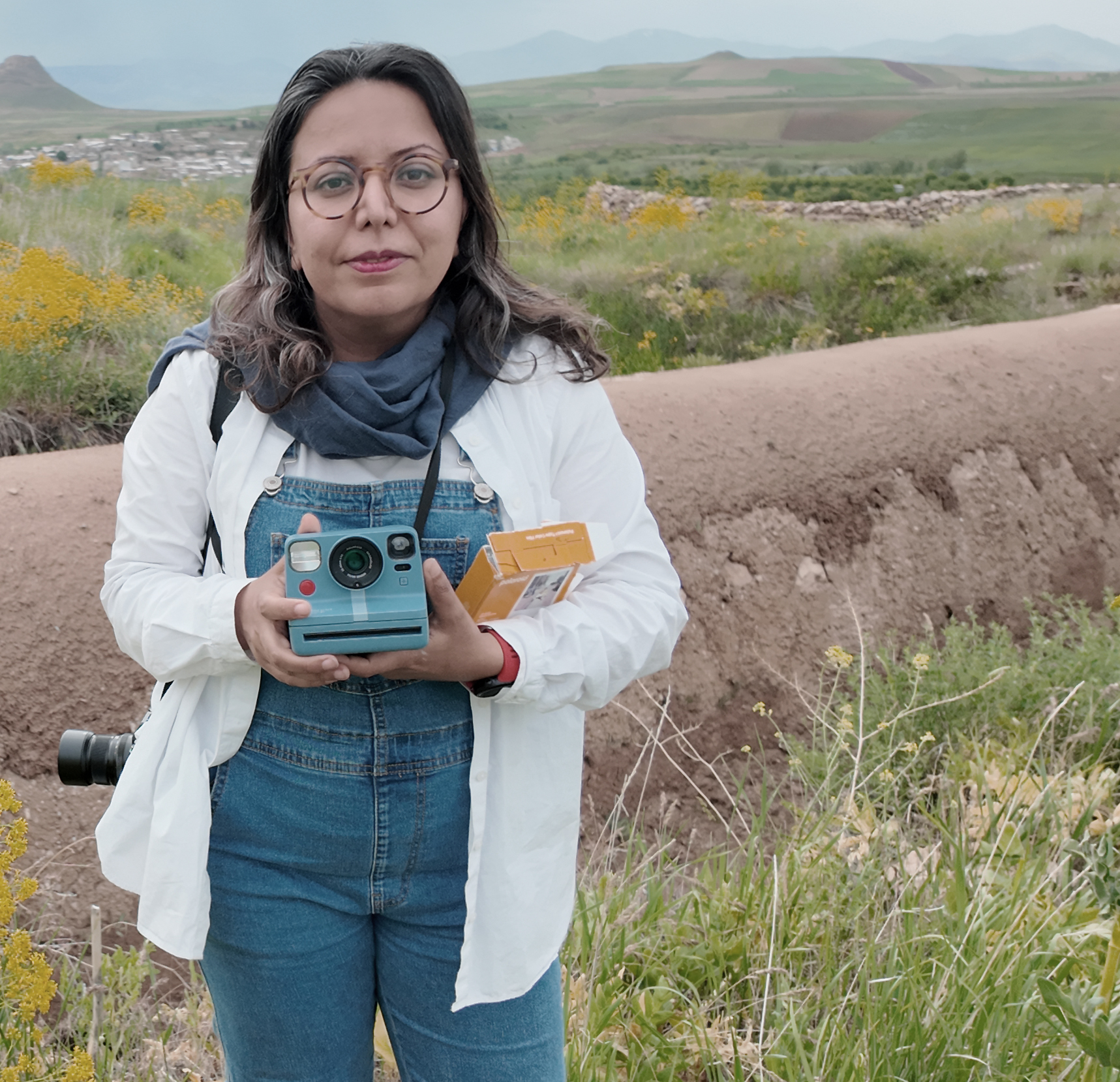
Gohar Dashti
Gohar Dashti (b. 1980, Ahvaz, Iran) makes large-scale photography that employs a uniquely theatrical aesthetic to explore the innate kinship between the natural world and human migrations. Her highly stylized photographic observations of human and plant-life reveal her fascination with human-geographical narratives and how nature connects us to the numerous meanings of ‘home’ and ‘displacement’. Her images raise questions about the immense, border-defying reach of nature—immune to cultural and political divisions—and the ways in which immigrants seek to reconstruct familiar topographies in a new, ostensibly foreign land.

Hala Auji
Hala Auji is an associate professor of art history and the Hamad bin Khalifa Endowed Chair of Islamic Art at Virginia Commonwealth University, Richmond. Her research focuses on transcultural modernity, print culture, and photography in Eastern Mediterranean communities during the long nineteenth century. With a background in graphic design, art criticism, and art history, Auji examines intersections between art, design history, and comparative literature, particularly in relation to Islamic and Middle Eastern art. She is the author of Printing Arab Modernity: Book Culture and the American Press in Nineteenth-Century Beirut (Brill, 2016) and co-editor of The Arab Nahda as Popular Entertainment: Mass Culture and Modernity in the Middle East (Bloomsbury, 2023) and Islamic Art History and the Global Turn: Theory, Method, Practice, part of the Biennial Hamad bin Khalifa Symposium on Islamic Art Series (Yale, forthcoming). Her current book project investigates printed portraiture in Ottoman provincial cities. Auji also co-chairs the Biennial Hamad bin Khalifa Symposium on Islamic Art.
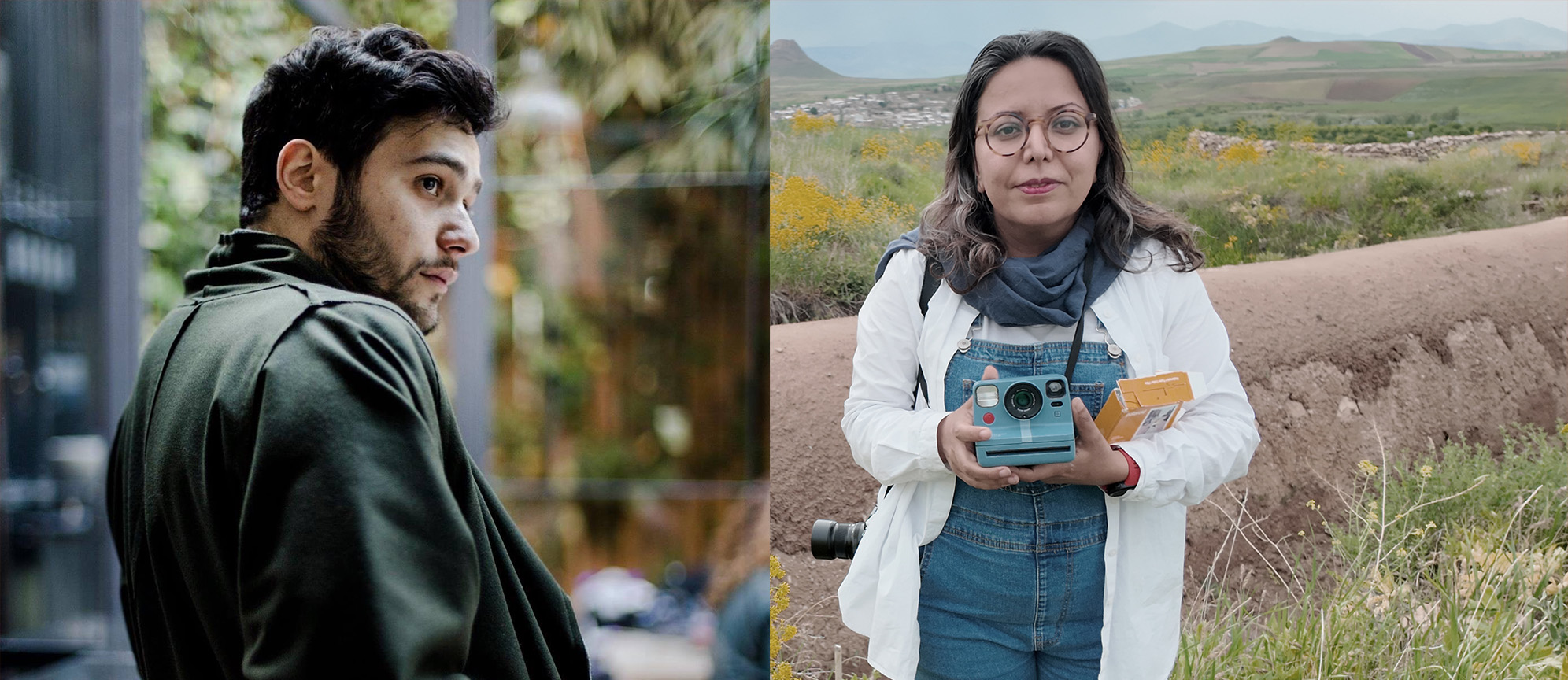
Screening: Panos Aprahamian and Gohar Dashti
A screening of films by artist/filmmakers Gohar Dashti and Panos Aprahamian.
People

Gohar Dashti
Gohar Dashti (b. 1980, Ahvaz, Iran) makes large-scale photography that employs a uniquely theatrical aesthetic to explore the innate kinship between the natural world and human migrations. Her highly stylized photographic observations of human and plant-life reveal her fascination with human-geographical narratives and how nature connects us to the numerous meanings of ‘home’ and ‘displacement’. Her images raise questions about the immense, border-defying reach of nature—immune to cultural and political divisions—and the ways in which immigrants seek to reconstruct familiar topographies in a new, ostensibly foreign land.

Panos Aprahamian
Panos Aprahamian (b. 1986) is a Berlin-based Lebanese-Armenian unfiction filmmaker, media artist, and writer from Beirut's peripheral rustbelt. Through language, image, and ritual, his practice explores the spectral presence of the future past in undead bodies, sacrificial landscapes, and social relations. He studied filmmaking at the Lebanese Academy of Fine Arts and the University of the Arts London, graduating with an MA in Documentary Film in 2015. Aprahamian was a Caspian Arts scholar in 2015 and a fellow at Ashkal Alwan's Home Workspace Program between 2017 and 2018. He is the winner of the Ecumenical Prize at the 2022 Oberhausen Short Film Festival, recipient of the Eliza Moore fellowship for artistic excellence in 2024, and the Han Nefkens Foundation—Fundació Antoni Tàpies Video Art grantee for the 2024-2026 cycle. Between 2019 and 2021, he taught at the American University of Beirut in the Fine Arts Department and the Media Studies Program.
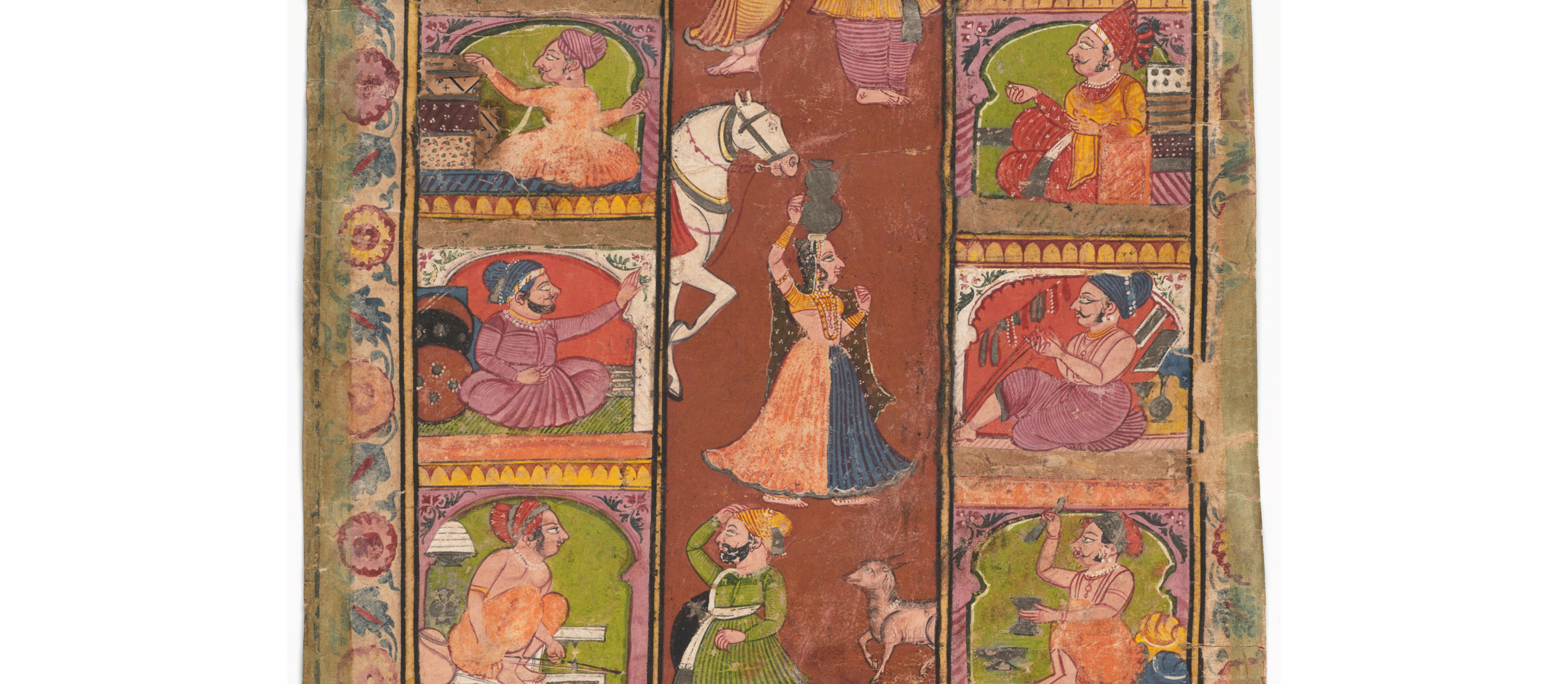
Unfurling the Practice of Curā: Tracing Historical Claims and the Ongoing Custodianship of Letter Scrolls from Local Bazaars
Our Sydney Asian Art Series Scholar in Residence Dipti Khera unpacks the visual world of vijnaptipatra, and the little known histories of early modern and colonial India that they contain.
People
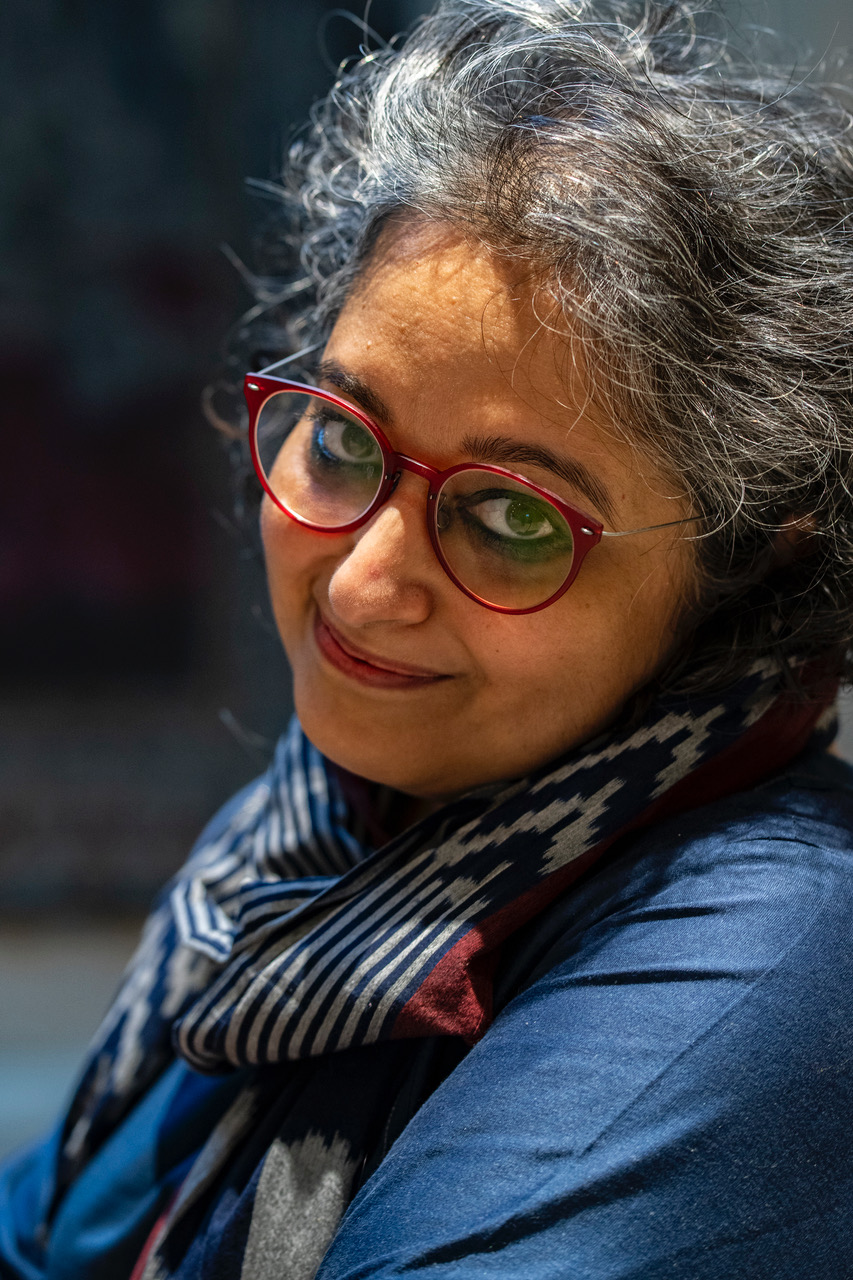
Dipti Khera
Dipti Khera is Associate Professor in the Institute of Fine Arts and Department of Art History at New York University. With interdisciplinary training in art history, museum anthropology, and architecture, her research and teaching on early modern South Asia integrate longue durée perspectives and Indian Ocean and Eurasian geographies. Khera's The Place of Many Moods: Udaipur's Painted Lands and India's Eighteenth Century (Princeton University Press, 2020) was awarded the Edward Cameron Dimock, Jr. Prize in Indian Humanities. Her co-edited volumes include the catalogue for A Splendid Land: Paintings from Royal Udaipur (Hirmer Publications, 2022), an exhibition she co-curated at the National Museum of Asian Art (Smithsonian Institution) and the Cleveland Museum of Art; "The 'Long' Eighteenth-Century?" Journal18 (December 2021); and Readings on Painting: From 75 Years of Marg. Volume 74 No. 4 and Vol 75/ No 2. Mumbai: Marg Publications (June-September 2023). In 2023-24, she held the American Institute of Indian Studies-National Endowment for Humanities Senior Fellowship in affiliation with the School of Arts and Aesthetics, Jawaharlal Nehru University, to conduct new research on painted letters sent from local bazaars of early modern and colonial India. While in residence at the University of Sydney, she will draw upon this research, including examples in Australian collections, ongoing work with colleagues on the provenance and conservation histories of these letters, and a collaborative project on the stakes and histories of mapping In South Asia.
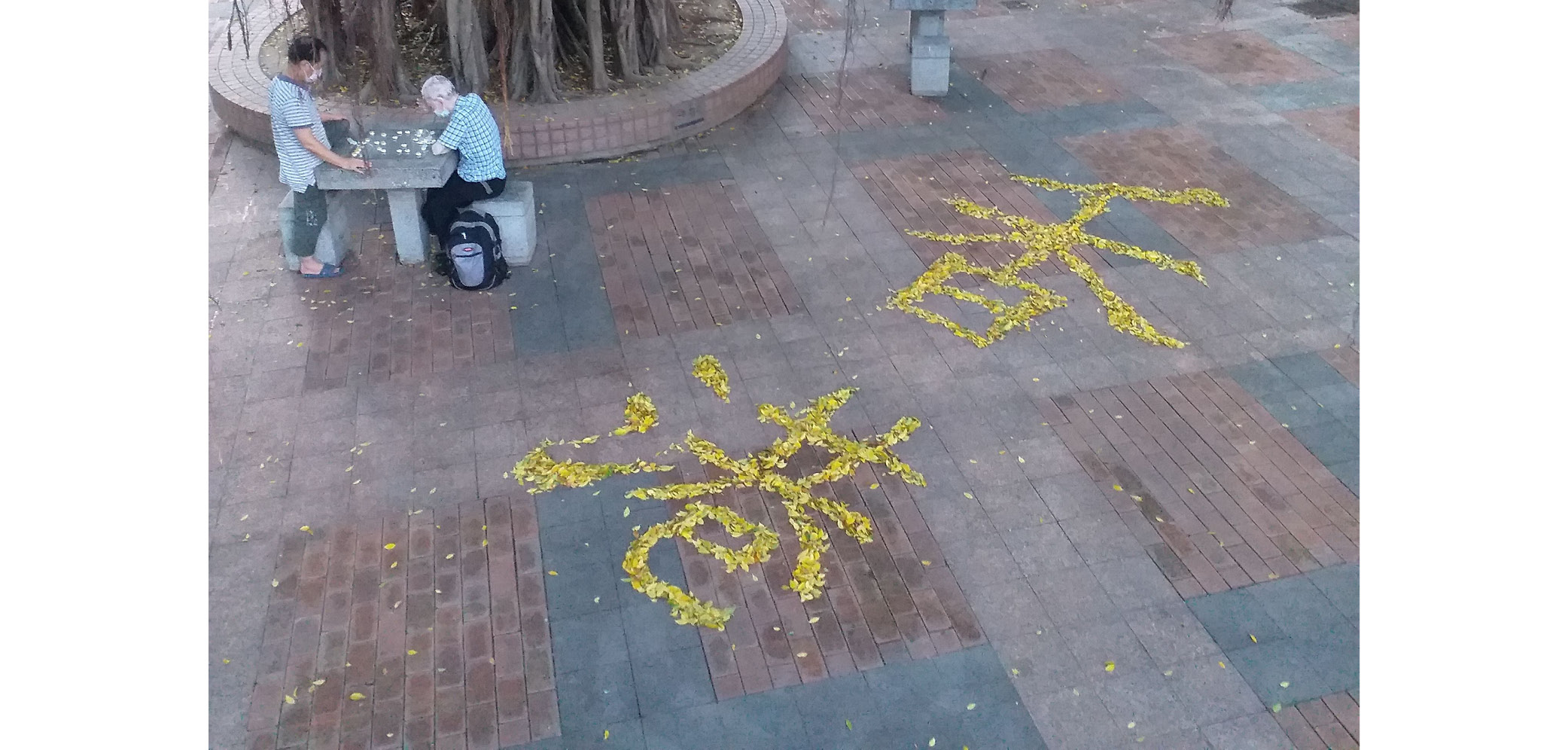
Survival as Care in Hong Kong Art
A lecture on practices of care in contemporary Hong Kong art.
People
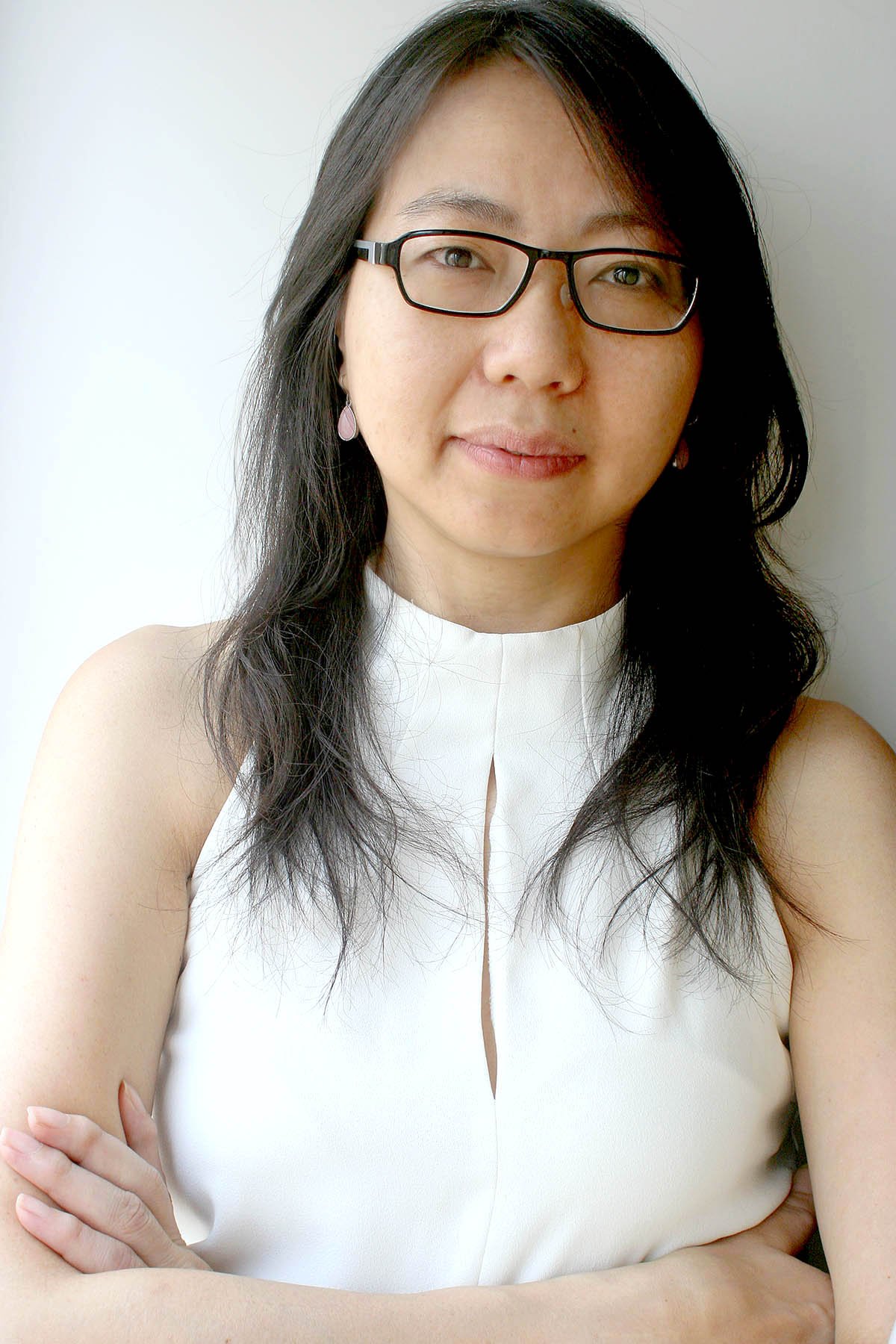
Yeewan Koon
Yeewan Koon is associate professor and Chair of the Department of Art History at the University of Hong Kong. She has published numerous works including Nara Yoshitomo(2020), “A Chinese Canton? Painting the Local in Export Art (2019) and A Defiant Brush: Su Renshan and the Politics of Painting in 19th Century Guangdong (2014). She is the recipient of several research awards including a Fulbright Senior Fellowship, American Council of Learned Scholars, and visiting scholarships at Cambridge University and Columbia University. Koon also works in the contemporary art field as a critic and curator. In 2014, she was guest curator of It Begins with Metamorphosis: Xu Bing at the Asia Society, Hong Kong Centre, and was one of the selected curators for the 12th Gwangju Biennale, 2018. In June 2021, she curated the exhibition So long, thanks again for the fish!, which was part of the Inspired Programme of inaugural Helsinki Biennale in Finland.
News
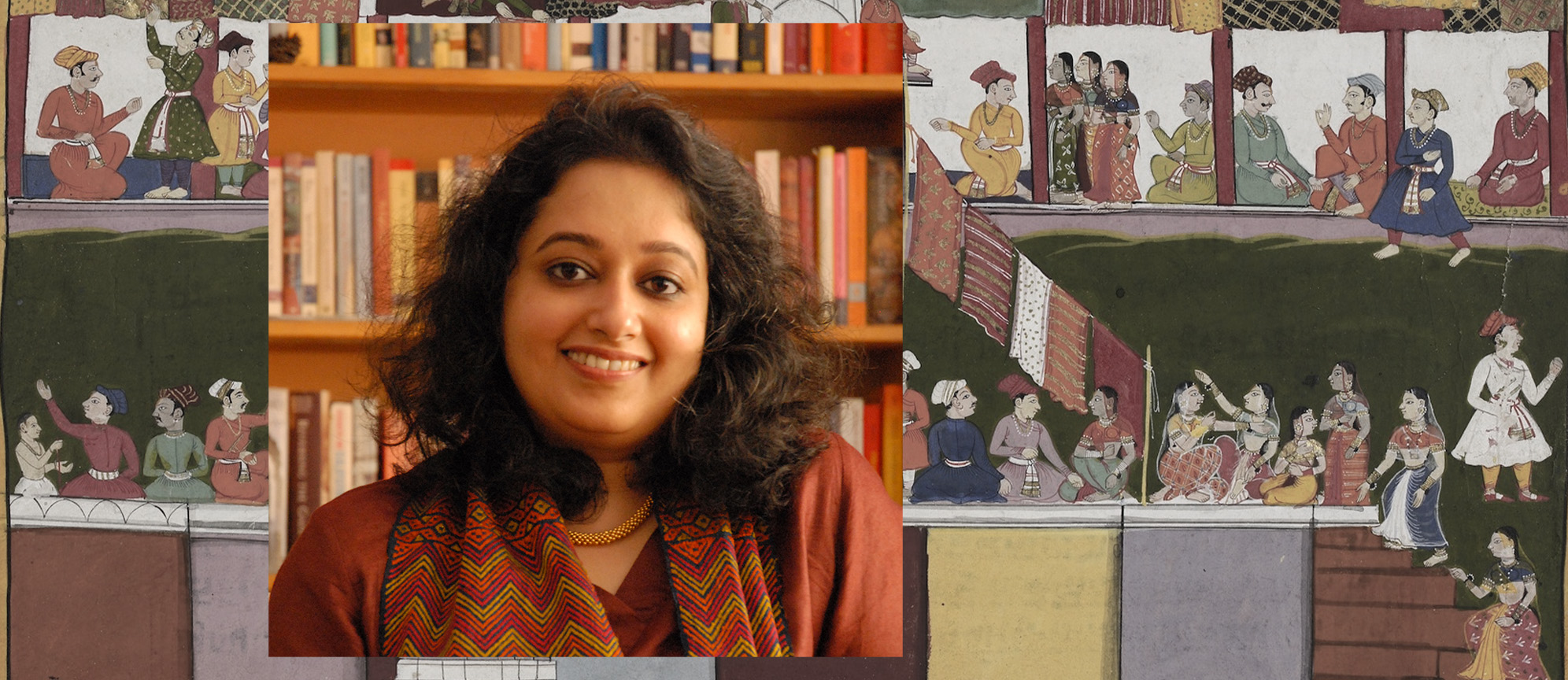
Scholar in Residence: Dipti Khera
The Power Institute is proud to be hosting Dipti Khera as our 2025 Sydney Asian Art Series Scholar in Residence.

